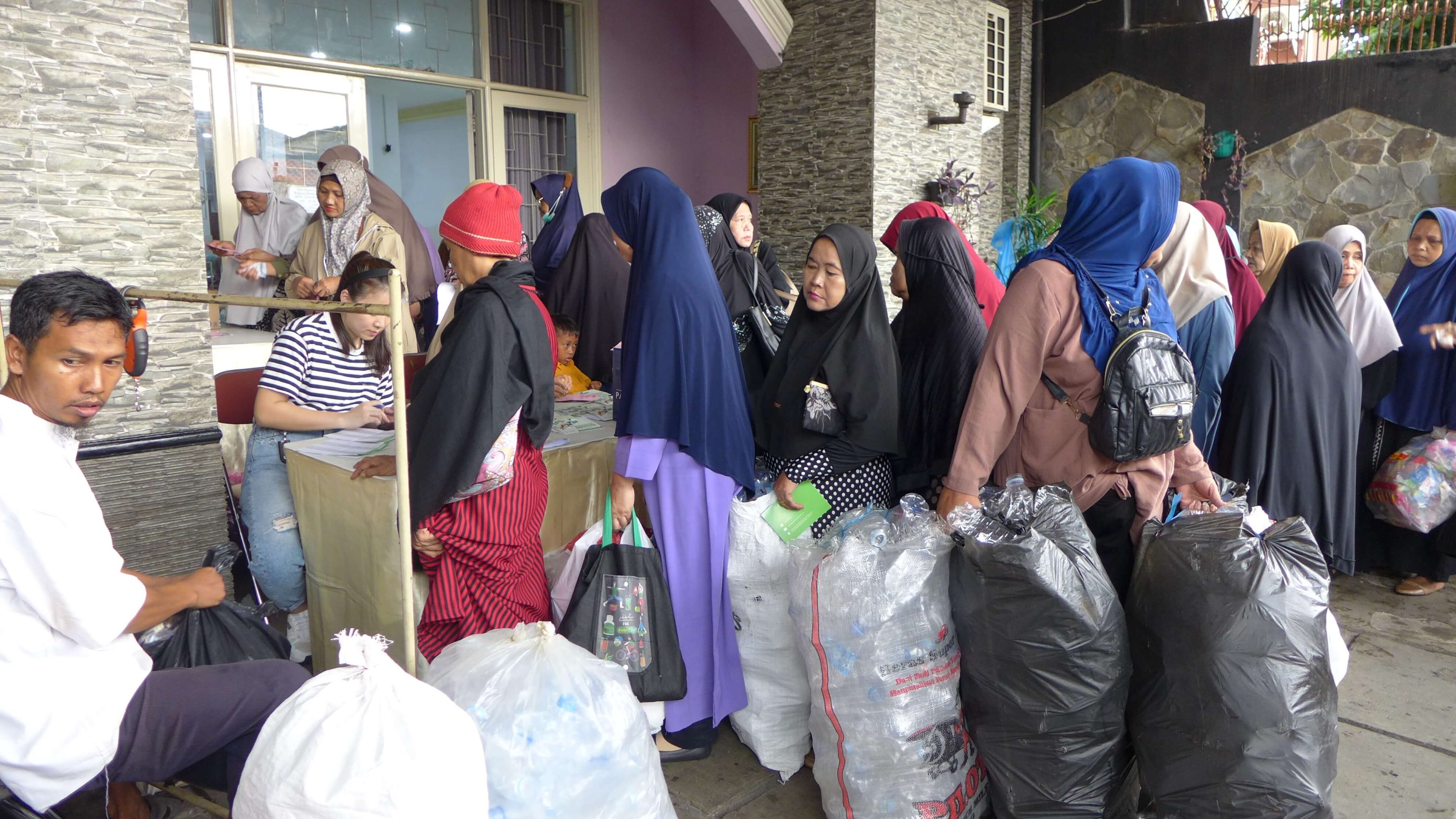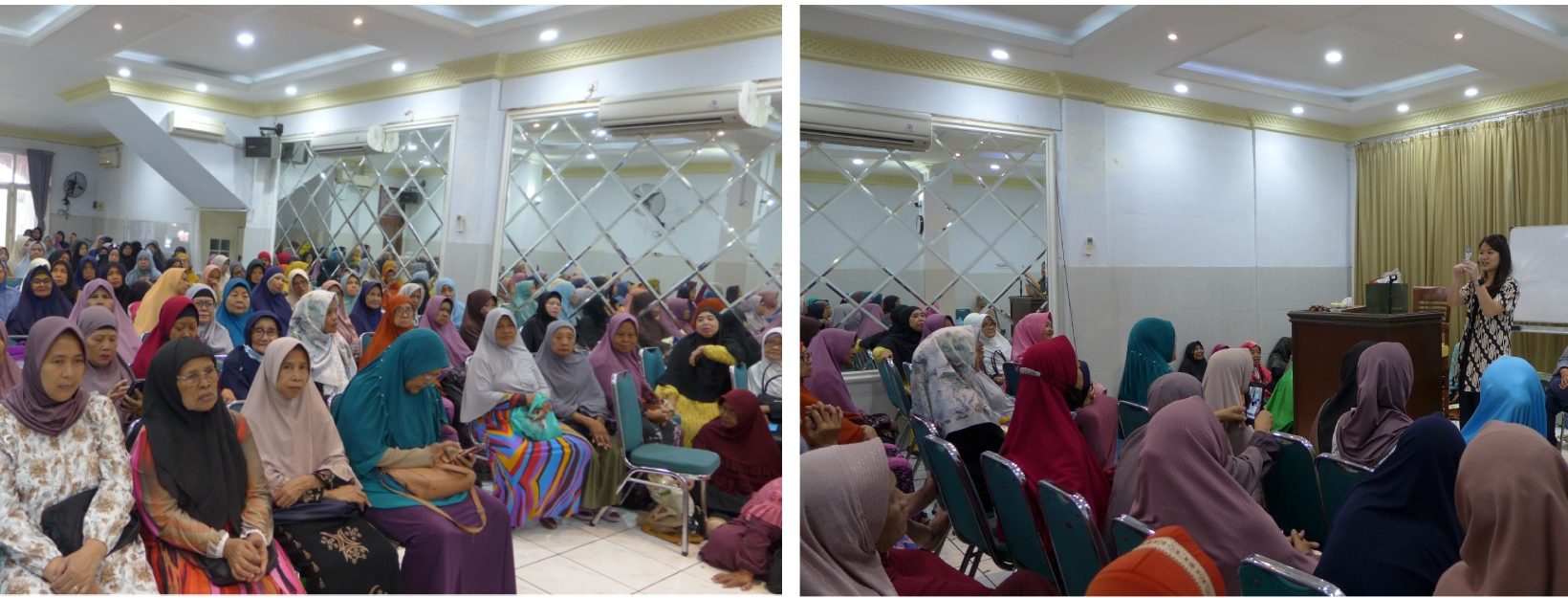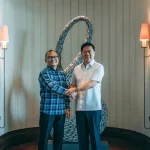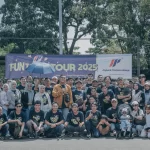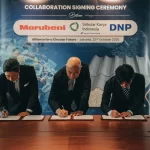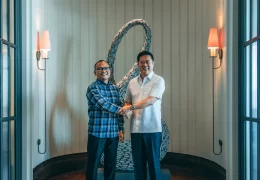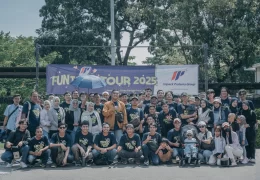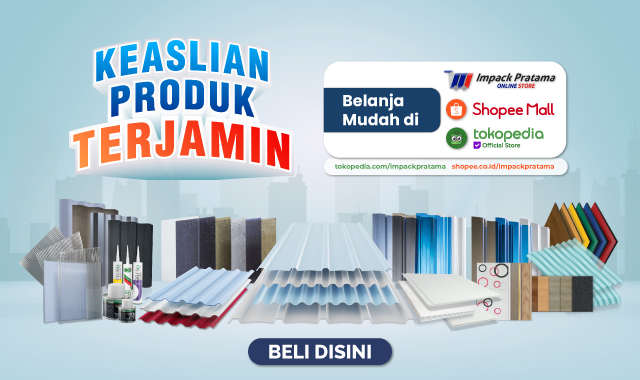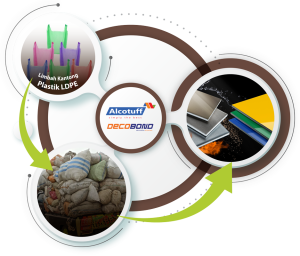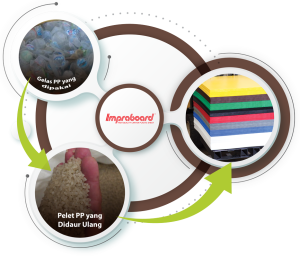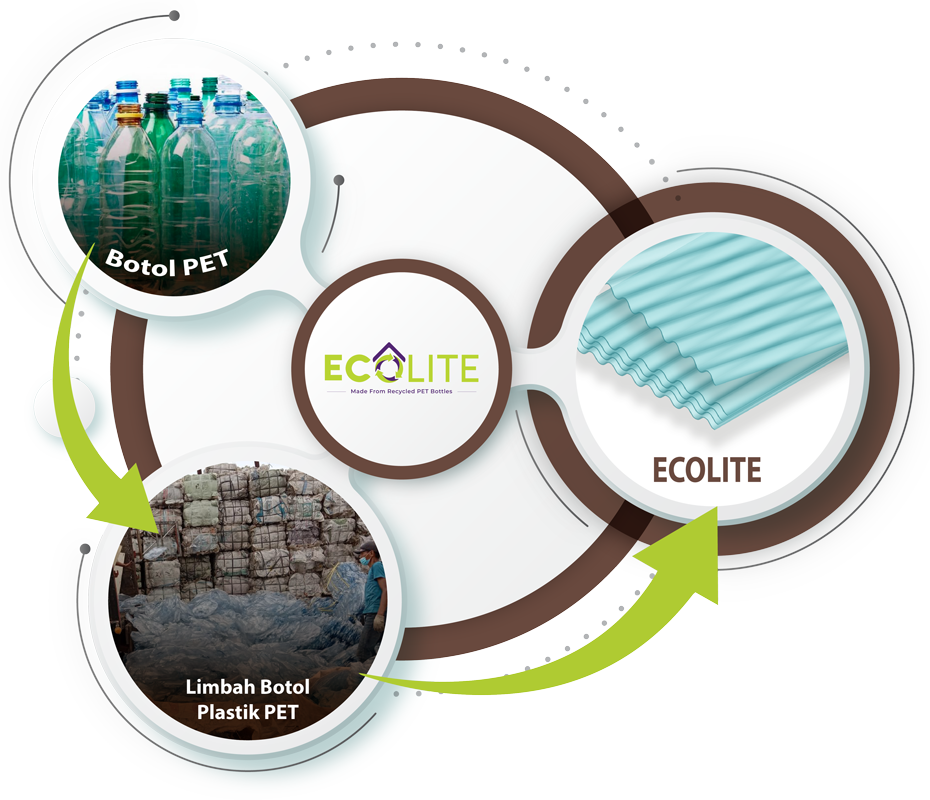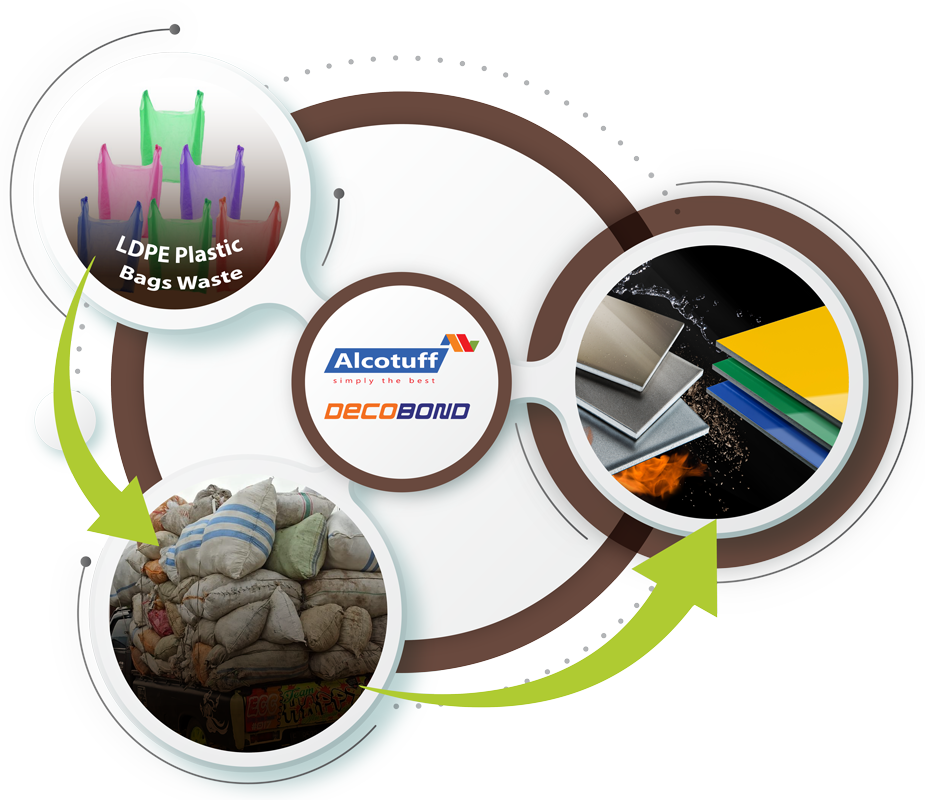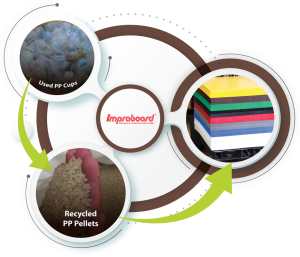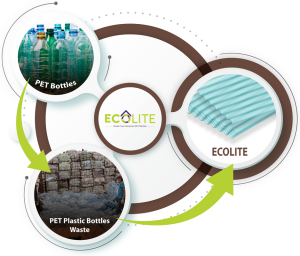Jakarta, 27 May 2025 – Launched as a pilot in December 2024 under PT Sirkular Karya Indonesia (SKI), Bank Sampah Binaan SKI is a waste bank initiative designed to integrate waste management practices with the unique cultural and contextual characteristics of local communities.
Bank Sampah Binaan SKI is a community education and empowerment program supported and guided by SKI. The initiative focuses on two key areas:
- Education – Raising awareness about plastic waste by educating communities and institutions about its various types, proper segregation methods, and responsible consumption and disposal practices.
- Empowerment – Actively involving local housewives in the waste bank initiative. These women are encouraged to collect and sort plastic waste, for which they receive payment. The collected plastic is then sent to SKI for upcycling, contributing to a circular economy.
The Bank Sampah Binaan SKI program has been successfully implemented in several communities, including Yayasan Wihdatul Muslimat in Jatinegara, East Jakarta, among others. Since its launch, the program has engaged over 250 housewives, many of whom were previously unaware of the importance of waste segregation and its potential economic benefits. At the beginning of the year, SKI conducted educational sessions to raise their awareness about the impact of plastic waste, the importance of waste segregation, waste bank management, and the types of plastic that can be accepted and processed by Bank Sampah Binaan SKI. Today, these women have become champions and role models within their communities, leading the way to better waste management. Instead of burning and disposing their waste into rivers, they committed to gathering, washing, drying, and packing the plastic waste before being delivered to SKI every month.
Education on the dangers of plastic waste and the importance of proper waste segregation was delivered to Bank Sampah Binaan SKI housewives members.
Over 150 kg of plastics were collected within the last two collection cycles. The waste includes PET bottles, PE bags, as well as multilayer and monolayer packaging. The collection may not appear impressive at first glance, but insights from the pilot programs indicate that the initiative is moving in the right direction. It shows a promising shift in behavior that emerges when communities are empowered with the right opportunities, clear guidance, and a practical system to follow.
What sets Bank Sampah Binaan SKI apart is its strong emphasis on education combined with a fully integrated and impactful recycling process. The collected plastic waste is directly processed at SKI’s Karawang facility and transformed into valuable building materials: PET bottles become Ecolite roofing sheets, PE plastic bags are repurposed into composite material for the core layer of aluminum composite panels (ACP), and sachet plastics (residue) are upcycled into eco-friendly building products. This closed-loop system not only generates new value from previously discarded materials but also plays a vital role in reducing environmental pollution and preventing plastic waste from entering waterways and oceans.
“Thanks to Bank Sampah Binaan SKI, now we have some extra income every month. Even if it’s just a little at first, when we keep collecting, it adds up. I can’t imagine if we didn’t collect it, our neighborhood might get flooded with our plastic waste. Before, we didn’t know anything about sorting trash, but now we understand that waste has value when it’s properly separated. I hope we can keep collecting more and more. The participants have even started encouraging their neighbors to give them the plastic waste,” says Ibu Virie, Head of Yayasan Wihdatul Muslimat, East Jakarta.
As Bank Sampah Binaan SKIcontinues to grow, SKI remains committed to expanding its reach and deepening its impact. By combining education, community empowerment, and sustainable innovation, Bank Sampah Binaan SKI not only addresses the urgent issue of plastic waste, but also fosters long-term behavioral change and economic inclusion. The program aims to create a cleaner environment while generating meaningful social and economic benefits for local households, waste workers, and informal recycling networks. In doing so, Bank Sampah Binaan SKI serves as a scalable model for responsible waste management across Indonesia, one that transforms everyday challenges into collective opportunities for a more sustainable and equitable future.
About PT Sirkular Karya Indonesia
PT Sirkular Karya Indonesia (SKI) is a subsidiary of PT Impack Pratama Industri Tbk, established as an integrated solution to help develop a structured waste collection management system, advance circular economy technologies, and drive sustainable product innovation. At SKI, we address the challenges of complex multi- and monolayer plastics, reduce environmental leakage, and serve as the vital link that completes the circular ecosystem.
We aim to lead this industry by being stronger in our advocacy, innovative in our solutions, and robust in our actions and partnerships.

Participating housewives with their rubbish and Bank Sampah Binaan SKI savings books.

With proud smiles, participants show their Bank Sampah Binaan SKI savings books after depositing their plastic waste.

Housewives lining up and queueing, carrying a month’s worth of sorted plastic waste, ready to have it weighed and recorded as part of their effort to support their families and protect the environment.

Plastic waste collected from Bank Sampah Binaan SKI participants.

PET bottle waste being weighed to be upcycled into Ecolite roofing.

Participants’ Bank Sampah Binaan SKI savings books.


